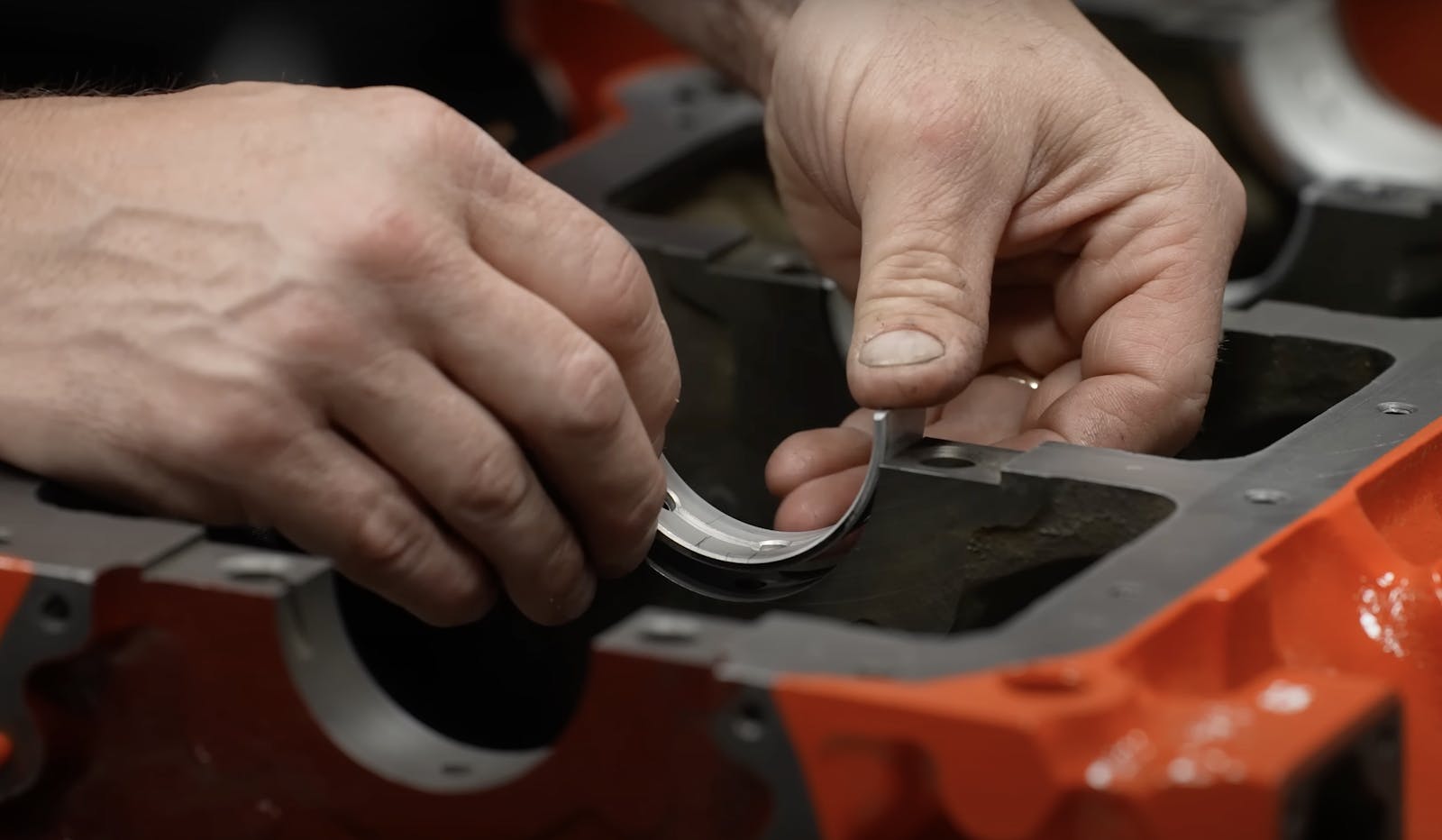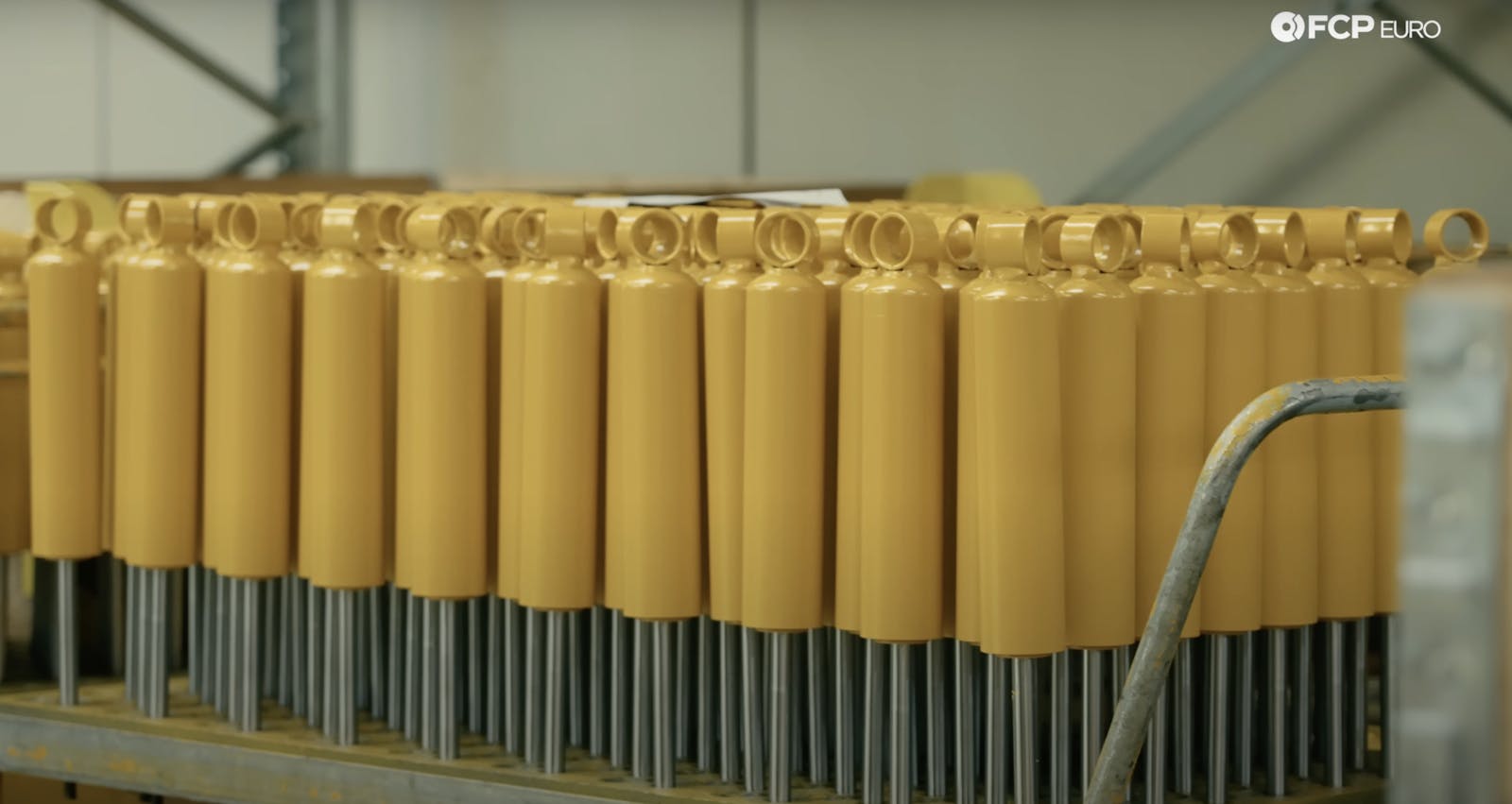Are synthetic oils safe for your vintage engine?
It has been nearly five decades since consumers could first acquire synthetic lubricants engineered to suit specific needs of internal combustion engines. However, are synthetic engines oils all they are cracked up to be? And are they OK to use with a vintage car? Some “experts” will tell you synthetics are the cure for everything from oil consumption to leaks, but if that seems too good to be true it’s for a simple reason: the reality is more complicated.
Jason Fenske from YouTube channel Engineering Explained took a dive into some of the more popular claims and myths surrounding synthetic oils. The video is sponsored by an oil company, but don’t let that steer you away. The information Fenske presents is solid, and there’s more factual truth here than you find on most forums and angry Group threads on Facebook.
There are four basic items the video covers. Two are softballs, but the other two address a lot of real concerns. Softballs: First, is synthetic safe to use in vintage engines? Second, when should you switch from conventional if you are holding onto an engine or car for a long time? The answers: Synthetics are safe to use in the vast majority of applications, and you should switch when you feel like it makes sense. If that last answer is too vague for your liking, consider that there is not a specific mileage or time when it’s necessary, and it comes down in many cases to personal preference.
Now, the tougher points. A lot of people say not to use synthetics because they will make your car leak worse than it already does. Fenske fights against this notion, reporting that the thinking likely stems from early synthetic blends which used ester oils in the base that were incompatible with certain seal materials and would cause seal failure and, thus, leaks. Luckily, those ester oils were decades ago removed from base oils that comprise synthetics. This should not be a concern if using modern synthetic oils.
The other major point is regarding detergents. Detergents have been in oils for a very long time, but different brands have different formulas and, therefore, the amount and potency of the cleaning agents in your oil can vary. It is certainly possible that modern synthetics have more cleaning power in the formula but, as Fenske points out in the video, cleaning your engine to any degree is rarely a bad thing. The few exceptions are for engines like the one in my Model A Ford, which does not have an oil filter to catch any particulate that might be suspended in the oil and would thus be circulated to bearing surfaces where damage could occur. In systems with an oil filter, it doesn’t make sense to allow deposits and gunk to build up inside an engine. Those build-ups can cause a lot of damage on their own if left unchecked, something that many folks seem to leave out of the conversation about the detergents in oils.
There is rarely one tidy answer when it comes to oil questions. Don’t be scared of synthetics just because a few people on the internet poo-poo them. Do your research and get familiar with what your engine needs from a trusted authority—it might save you a few dollars, or at least the headache of trying to separate fact from fiction.


I have an 86 Mustang GT with a 5.0 HO engine. I’ve been told that I have a flat tappet engine design and therefore don’t need zinc in my motor oil. Progressing forward, I have also been told that it’s safe to use synthetic oil in my engine that has 395,000 miles on it.
For 35 years, I used conventional oil and my oil pressure gauge was always as high as it would read, when I switched to semi-synthetic, my oil pressure gauge is only reading halfway.
I switched back to conventional oil, but my oil pressure didn’t go back up to high—did I ruin my engine by switching to semi-synthetic?
Two points to clarify: The 5.0 HOs in Mustang GTs have had roller tappets since 1985. (all 5.0s were roller after 1986.) And you cannot use zinc in your car because it will destroy the catalytic converters. That’s why zinc infused oil is only sold as “diesel” brands at the stores these days.